Choose the Best Dyson Products For Your Home
From the latest launches to our tried-and-tested favorites, discover everything you need to know about Dyson’s premium home appliances — including honest reviews, expert insights, and the best deals to shop now
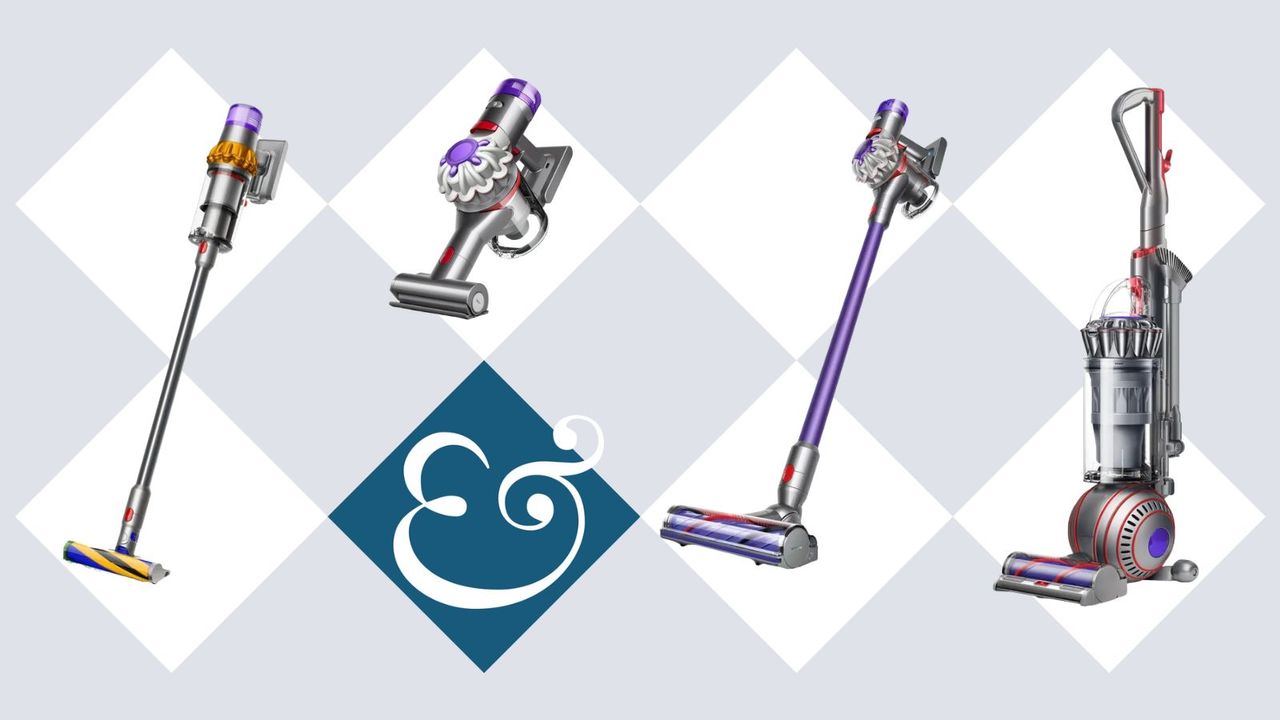
Dyson produces some of the most technologically advanced appliances in the world. First known for pioneering bagless vacuum technology, the brand has gone on to develop lines of not-only premium vacuums cleaners with a stronghold in the cordless game, but also air purifiers and even hair styling tools.
If you are looking to invest in a Dyson product you have come to the right place. We have tested over 15 of Dyson's best vacuum cleaners and tried other products in their extensive range. So, we know that while buying a Dyson can be something of an investment, they consistently score well in our testing with average scores nearing full marks. Read on for our top recommendations from the Dyson fleet, then see more Dyson deals and reviews.
Best Dyson Vacuums
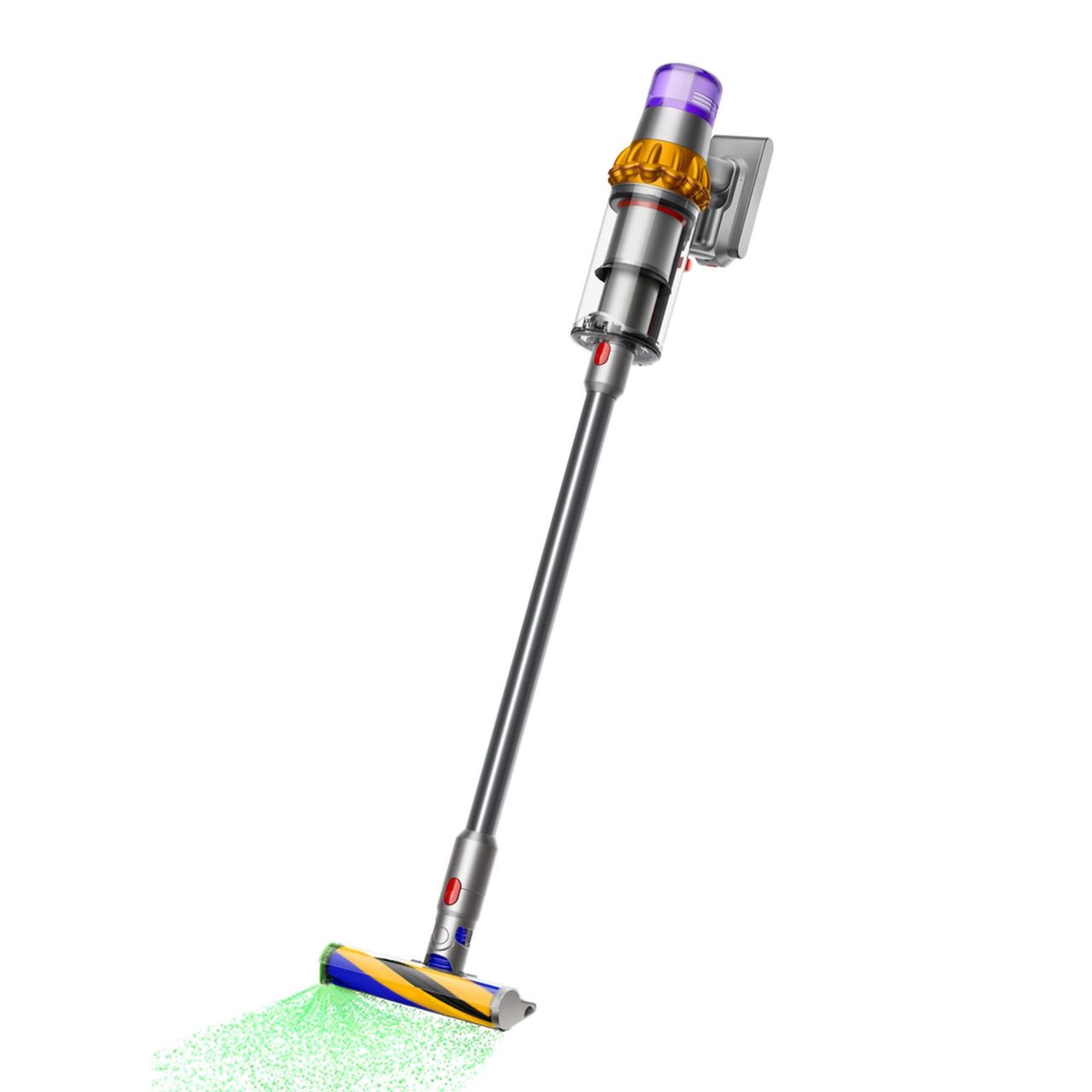
The Dyson V15 Detect excels on all floor types, and uses a laser sensor to dig up dirt invisible to the naked eye. It effortlessly vacuumed every visible strand of hair on test while even reviving a dog bed to its original color, and it's the vacuum cleaner I use in my own home as a professional tester.
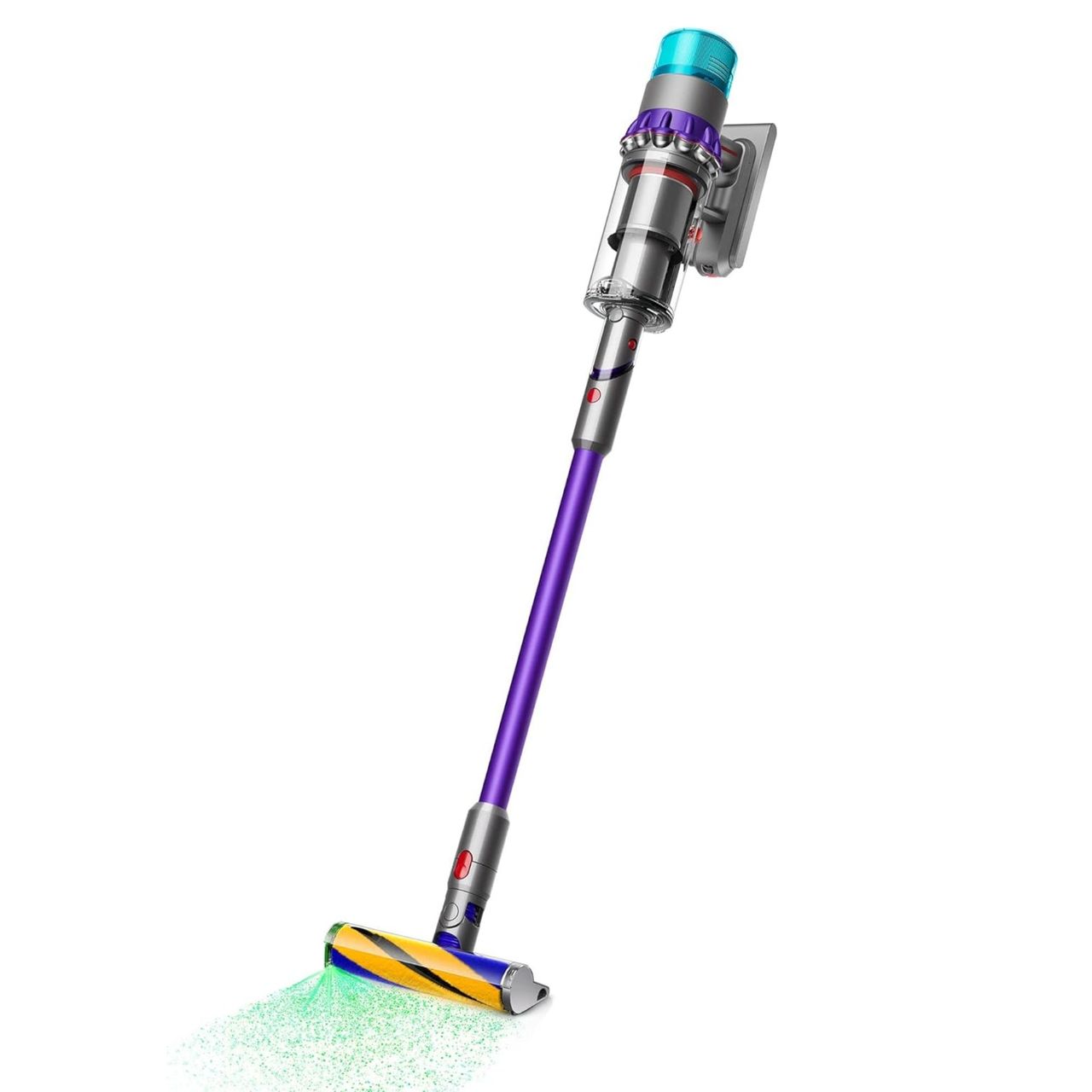
Our reviewer has tested 100+ vacuums and said the Dyson Gen5detect is the best of all. It has outstanding (and responsive) suction power, an impressive 70-minute runtime, and a laser that reveals dust. All this comes at a cost, so look for sales or settle for the nearly-as-powerful V15 Detect.
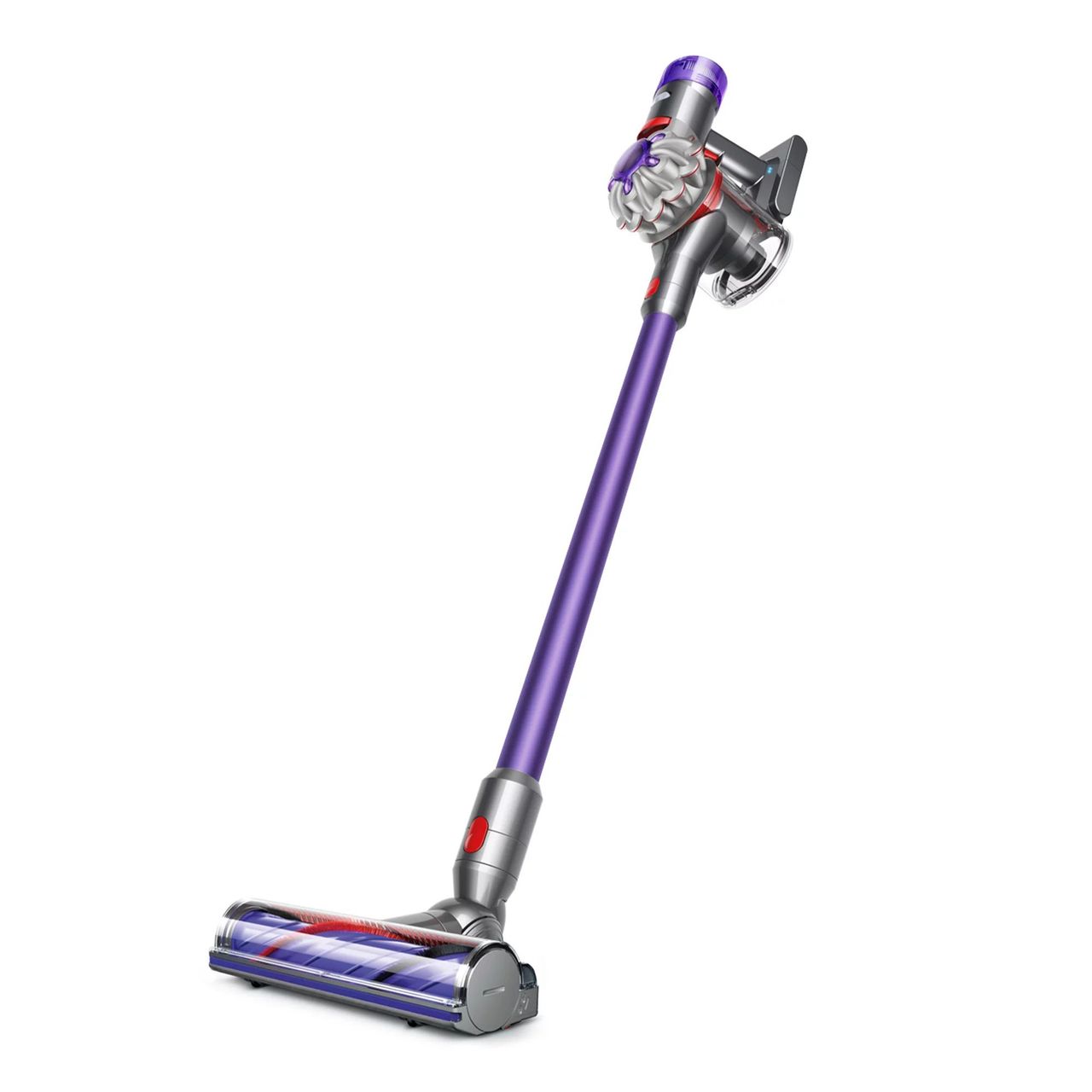
It's surprising to see a Dyson vacuum selling for less than $400, but that's around the average price for a Dyson V8. It doesn't have the smart features of the more expensive vacuums in this guide, but it still has the incredible suction power you'd expect.
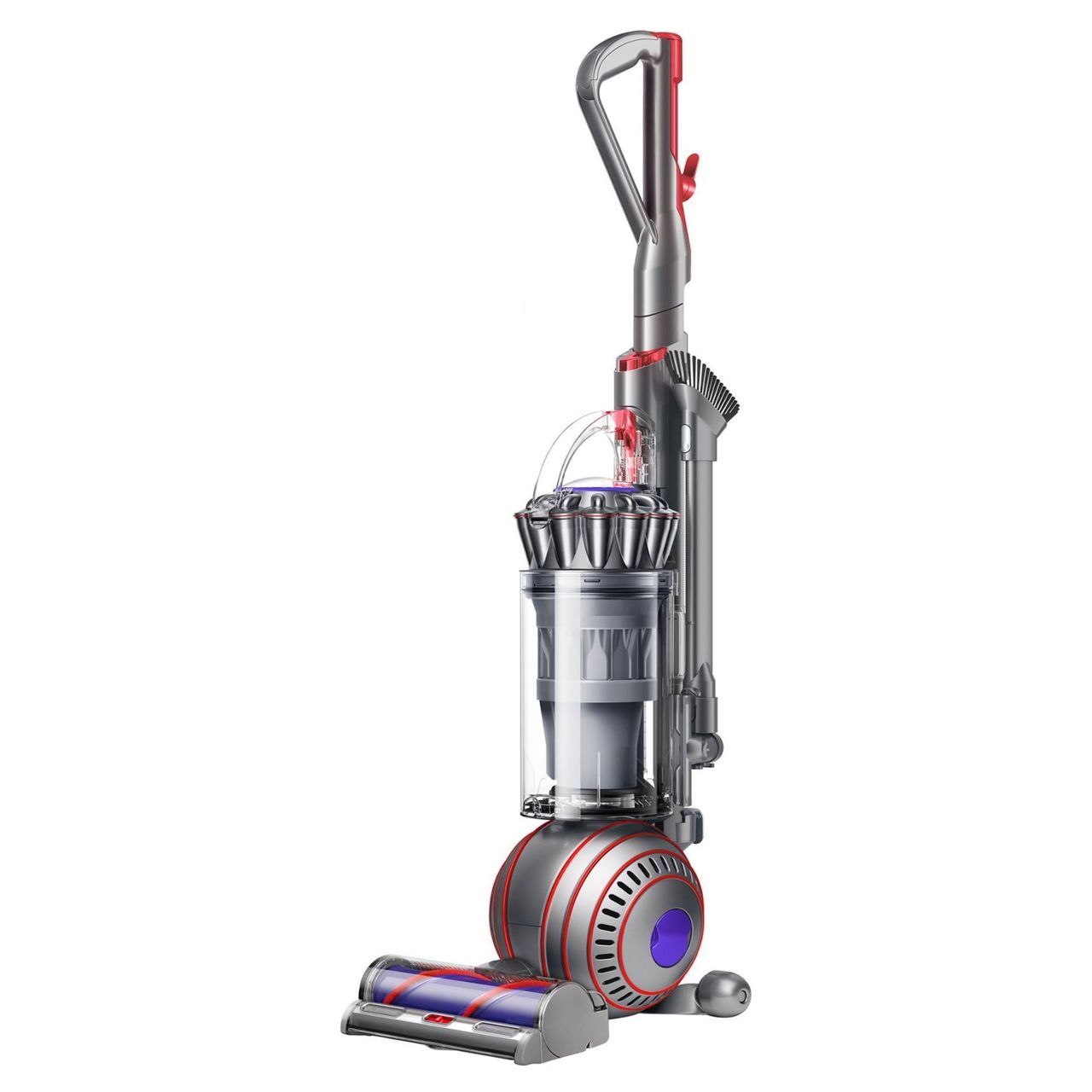
This upright vacuum is bigger and bulkier than a cordless stick, but that's what you need in a home full of carpets. Offering the highest suction power of any Dyson vacuum and a wide floorhead, the Ball Animal 3 (or near-match Animal in the UK) is perfect for busy, messy households with kids or pets.
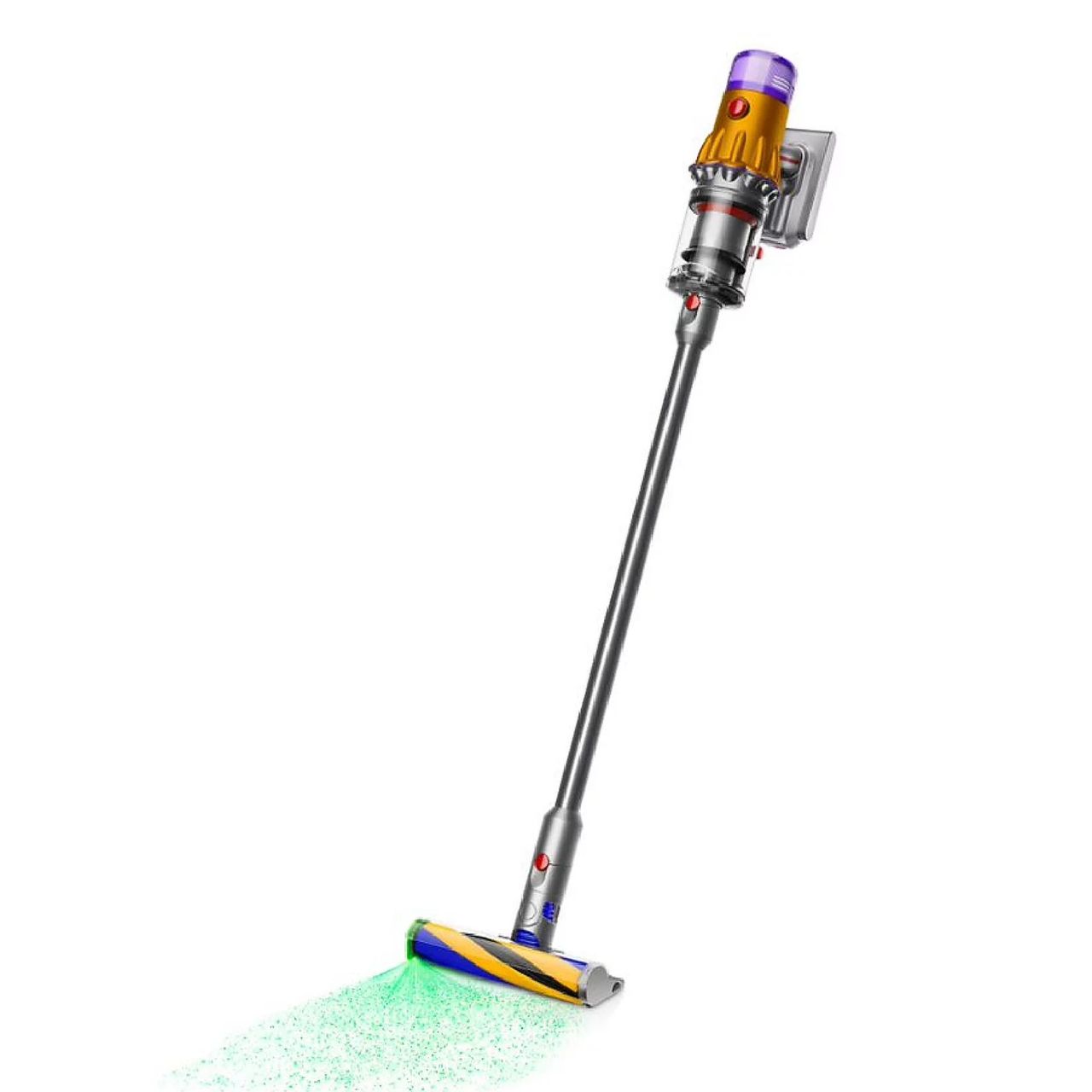
With the same core features as the Gen5detect and V15 Detect, just in a smaller design, the V12 Detect Slim is the ideal cleaning companion for a home full of hard floors. The Fluffy Optic floorhead is designed for hard floors, picking up every bit of debris and dust while revealing hidden particles.
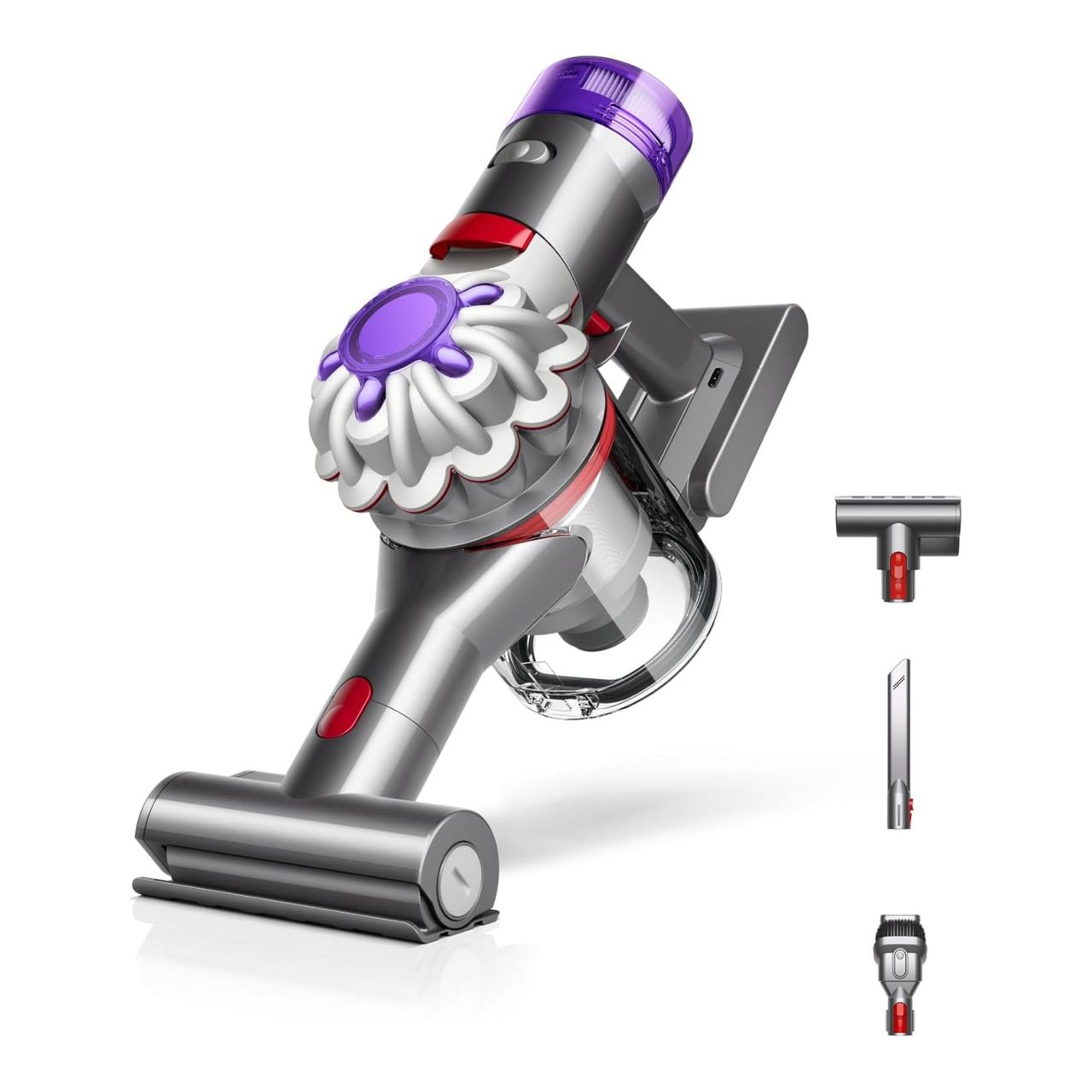
If you already have a full-sized or robot vacuum that can tackle your floors, the Dyson Car+Boat is great for cleaning everything else. It's the most powerful handheld vacuum we've tested, and it will swiftly clean furniture, cars and tight spaces.
Latest
-

Vacuuming Triggered My Allergies and Asthma – Then This Cordless Dyson with HEPA Filtration Fixed It, Now $200 Off
Published
-

This Ultra-Light Dyson Cordless Vacuum Cleans Winter Debris in Seconds – And It's $30 Cheaper Now Than It Was on Black Friday
Published
-

This 'Must-Have' Dyson Air Purifier Is Compact, Quiet, and Banishes Smells in Minutes – It's Perfect for Small Homes
Sponsor Content Created With Dyson
Published
-

Banish Post-Vacuuming Allergies with $290 off This Powerful Dyson – Its Better-Than-HEPA Filters Leave Air Free of Dust and Dander
Published
-
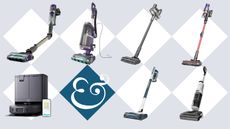
The 9 Best Dyson Alternatives: Save Up to $500 on These Mighty Vacuums We've Tested Side-by-Side with Premium Dysons
Last updated
-

I Tested the Dyson Big Ball Turbinehead Canister Vacuum and Loved How It Instantly Cleans Hard Floors and Makes Light Work of Stubborn Pet Hair
Published
-

Forget Black Friday, Dyson’s Powerful Robot Vacuum Is at Its Lowest Price Ever For 1 Day Only – It’s One of the Strongest on the Market for Truly Effortless Cleaning
Sponsor Content Created With Dyson
Published
-

Dyson's Discounts Have Started Early – If You're Fed Up With Your Bulky, Corded Vacuum, This Slim, $300-Off Dyson Leaves Floors Spotless in Seconds
Published
-
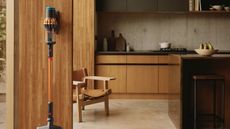
How to Find the Best Dyson Deals – Our Home Tech Editor's Guide to Securing the Lowest Prices on Leading Dyson Products All Year
Last updated
-

This is the only fan you won't have to pack away when winter rolls around – the Dyson Hot & Cool is currently $200 cheaper for 3 days only
Published
-

Nowhere to store your cordless Dyson? This renter-friendly $40 solution charges the vacuum while storing all attachments – without damaging your wall
Published
-

Dyson's latest Spot+Scrub Ai robot 'cleans itself on the move' and can identify nearly 200 stains and obstacles for its most efficient automated cleaning yet
Published
-

Dyson unveils their most powerful vacuum yet at IFA Berlin – the V16 Piston Animal is a wet/dry cleaner with stronger suction than previous Dysons
Published
-
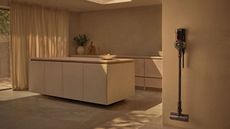
The newly announced Dyson V8 Cyclone vacuum brings its latest cleaning tech to its most affordable model, making cleaning easier on a budget
Published
-
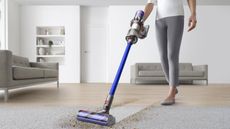
I tested the Dyson V11 in a busy pet shelter and was amazed by its performance on animal hair, dirt, dust – and just about any mess I threw at it
Published
-
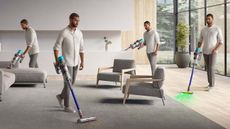
Shark vs Dyson 2025: After 1,000+ hours of testing, this is the vacuum brand that comes out on top
Last updated
-
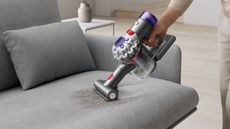
The highly-anticipated Dyson Car+Boat handheld vacuum is as powerful as I expected – but is this tiny but mighty cleaner worth the cost?
Published
-
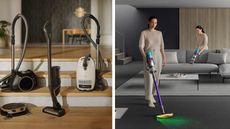
Miele vs Dyson – our expert vacuum tester weighs up these iconic brands, and reveals which will last the longest
Last updated
-
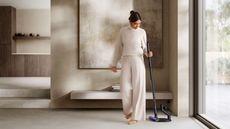
Dyson just announced the slimmest vacuum cleaner ever, but has ditched its famous cyclone technology – as a vacuum tester, I'm intrigued but skeptical
Last updated
-
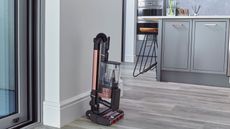
Dyson V15 Detect vs Shark Stratos – which vacuum should you buy?
Last updated
-
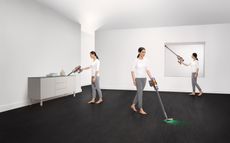
Dyson V15 Detect review – I'm a vacuum tester and this is simply one of the most powerful on the market
Last updated
-
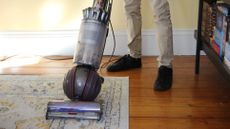
Dyson Ball Animal 3 review – pet hair and carpets are no match for Dyson's most powerful vacuum which pulls hair out of seemingly clean floors
Last updated
-
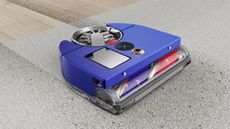
Dyson 360 Vis Nav review – Dyson's robot vacuum cleaner isn't quite perfect
Last updated
-

Dyson V8 cordless vacuum review – this classic Dyson is an entry-level cordless but remains a force to be reckoned with
Last updated
-

Dyson Purifier Cool Formaldehyde TP09 review: the purifying fan with a HEPA filter
Published
-

Dyson V12 Detect Slim review – impressive power at a reasonable price
Published
-
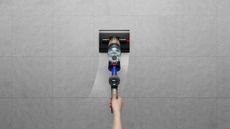
I got hands-on with Dyson's first dedicated wet floor cleaner – here's the lowdown on the Dyson WashG1
Published
-

King Charles uses this smart 'best-selling' air purifier to keep him and his guests cool in Buckingham Palace
Published
-
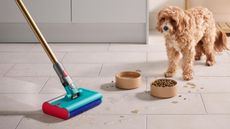
Dyson V15s Detect Submarine – a Dyson that can also mop
Published
